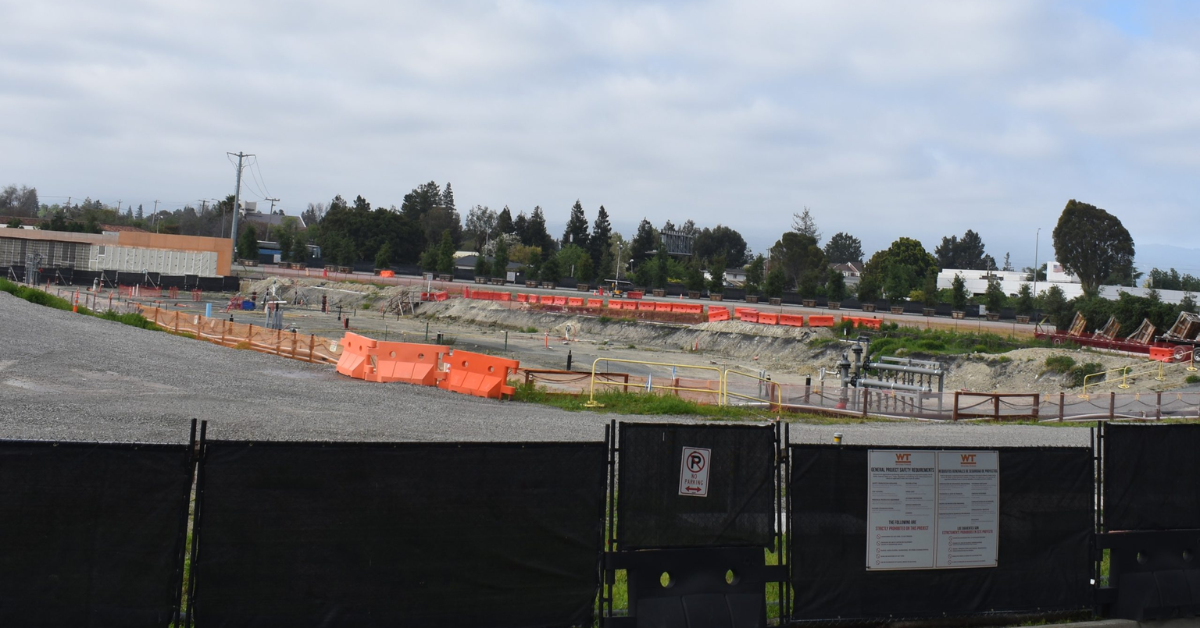
Google recently agreed to pay a city up to $703,000 after removing more than 800 trees for an office project that was later cancelled. This decision has raised concerns about environmental responsibility, the cost of urban development, and how companies handle the impact of their actions on local communities.
The incident shows how corporate projects, even those from tech giants like Google, can still face challenges that affect both the environment and public trust. As cities grow and companies expand, balancing development with nature preservation becomes a critical issue.
Background: The Tree Removal and Cancelled Project
Google planned a new office building in a city known for its lush green areas. To prepare for construction, more than 800 mature trees were chopped down. However, the project was eventually cancelled due to changes in corporate plans and possible community opposition. The tree removal sparked outrage among environmental groups and local residents who value green spaces.
According to the New York Times, the city demanded compensation because the environmental damage was already done despite the project being terminated. Google agreed to pay up to $703,000 to the city as restitution for the loss of urban greenery.
Why Are Trees Important in Urban Areas?
Trees provide many benefits in cities, including cleaner air, cooler temperatures, and habitats for birds and insects. They also improve people’s mental health and add beauty to neighborhoods. Removing a large number of trees at once can upset the local ecosystem and increase pollution levels.
Experts from the US Environmental Protection Agency (EPA) explain that trees help reduce noise pollution and absorb harmful gases like carbon dioxide. Losing 800 trees is a significant blow to a community’s environmental health.
How Will the Payment Be Used?
The money Google is paying will go toward replanting new trees and improving green spaces in the city. This kind of ‘tree mitigation’ helps to restore some of the environmental balance lost when trees are cut down. The city plans to plant more trees in parks, along streets, and other public places.
In a statement reported by CNBC, city officials said, “The funds will support our ongoing commitment to making the city greener and healthier for all residents.”
Lessons for Companies and Communities
This case highlights the importance of careful planning and community involvement before starting major projects. Losing hundreds of trees can cause lasting damage, so companies need to consider environmental impacts seriously. Communities also benefit when they have a say in development decisions.
Young readers, especially those interested in sustainability and technology, can learn from this that even big corporations must be responsible and transparent. Supporting projects that protect nature and encourage green innovation should be a priority for everyone.
Conclusion: Moving Forward Responsibly
While Google’s payment will help restore some of the lost greenery, it also sends a message about accountability. Development and growth should not come at the cost of the environment. Both companies and cities must work together to find solutions that allow progress without sacrificing nature.
Understanding and acting on these issues is important for building healthier, more sustainable urban spaces for future generations.









